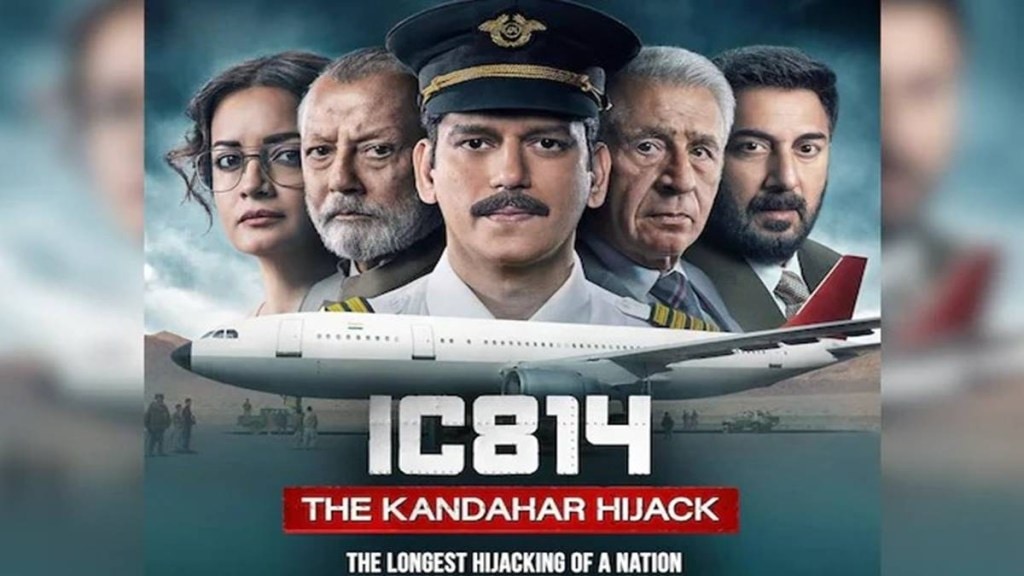On December 24, 1999, Indian Airlines Flight IC 814 was hijacked shortly after taking off from Kathmandu, Nepal. The flight, bound for Delhi, was overtaken by five terrorists associated with the Pakistan-based militant group Harkat-ul-Mujahideen (HuM). The hijackers diverted the plane to Kandahar, Afghanistan, then under Taliban control. The crisis lasted eight days, during which the terrorists demanded the release of three high-profile militants: Maulana Masood Azhar, Ahmed Omar Saeed Sheikh, and Mushtaq Ahmed Zargar. The Indian government, facing intense pressure, agreed to release the militants to secure the hostages’ release, a decision that remains controversial.
The Series: ‘IC 814: The Kandahar Hijack’
Netflix’s latest offering, ‘IC 814: The Kandahar Hijack,’ directed by Anubhav Sinha, premiered on August 29. The series, which dramatizes the 1999 hijacking, features actors such as Vijay Varma, Naseeruddin Shah, and Pankaj Kapur. While the show has garnered attention for its high-profile cast and production values, it has also sparked significant controversy.
The Controversy
The primary contention revolves around the series’ portrayal of the hijackers. The show uses pseudonyms like “Shankar” and “Bhola” for the terrorists, diverging from the real identities of the hijackers. Critics argue that this fictionalization obscures the terrorists’ actual affiliations and motivations, which were tied to Islamic extremism.
On social media, hashtags like #BoycottNetflix and #BoycottBollywood have emerged, accusing the filmmakers of distorting historical facts and downplaying the terrorists’ violence. Some users suggest that the choice of Hindu names for the hijackers is a deliberate attempt to misrepresent the events and incite communal tensions.
Government Response
In response to the uproar, the Indian government has summoned Monika Shergill, Netflix India’s content head, for clarification. The Ministry of Information and Broadcasting is scrutinizing the series for potential inaccuracies and its impact on public sentiment.
Sources informed ANI that the Netflix team attended the meeting equipped with research documents and footage for reference. The OTT platform plans to argue that the series aligns with publicly available resources, drawing information from books and official government statements.
Government sources added that Netflix has pledged to review its content and ensure that all future material on the platform is sensitive to and in line with national sentiments.
Historical Context: Government Statement
A detailed statement from the Union Home Minister in January 2000 provided crucial information about the hijacking. It revealed that the hijackers used nicknames like Bhola, Shankar, Doctor, and Burger among themselves. This official account disputes the series’ portrayal, suggesting that the film’s depiction of the hijackers’ names is misleading.
Legal Action and Public Reaction
A Public Interest Litigation (PIL) has been filed in the Delhi High Court seeking a ban on the series. The petition, led by Surjit Singh Yadav, president of Hindu Sena, argues that the series’ portrayal of the hijackers with Hindu names distorts historical facts and harms community sentiments. The petition calls for the cancellation of the series’ Central Board of Film Certification (CBFC) certificate and a ban on public viewing.
